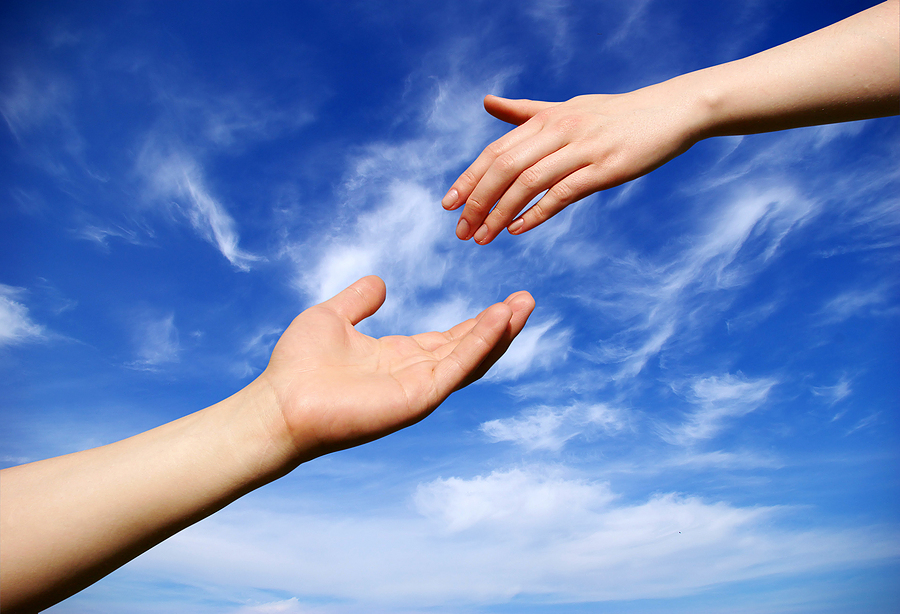
A London jury has found one of Western Australia’s most famous celebrity exports, 84-year-old entertainer Rolf Harris, guilty of 12 charges of indecent assault.
A Catholic bishop has allegations of indecent assault made against him dating back 45 years.
The Royal Commission into Institutional Responses to Child Sexual Abuse releases its interim report, stating it has not yet compiled enough information to make any recommendations.
This is following 13 hearings and thousands of private sessions with individuals where a number of clear themes have been identified: victims often suffered repeated abuse at the hands of multiple perpetrators, and barriers continue to exist to reporting the abuse with adults systematically failing to protect children.
It would not be untoward to think that as a society we were drowning in abuse, especially as the Commission’s interim report concludes that, despite legal obligations to report child abuse, it remains significantly under-reported in Australia.
This makes the commissioners’ request for an additional two years and $104 million in extra funding to complete the 70 public hearings they have identified as “essential” as wholly reasonable.
We must not be afraid to look the past in the eye and to allow justice in the present to take its full course, whoever is brought to trial, recalling that corroborating evidence is necessary for a guilty verdict to be reached.
What is clear is that more needs to be done to make our society safer for children. It also needs to find ways to be more supportive of those reporting abuse, particularly as the Commission’s findings show that it takes 22 years on average for victims to report abuse, with men taking longer than women.
With this in mind, it is heartening to see Archbishop Costelloe moving forward with his own commitment to making our communities here in the Archdiocese of Perth the safest places possible.
The present search for a full-time Archdiocesan Safeguarding Officer is a critical step towards ensuring our parishes receive professional training so as to remain cognizant of the dangerous behaviours that exist within society as a whole.
What will also be important is how the Catholic community can play a role in assisting individuals to report past abuse. 2012 statistics from ASCA, Australia’s leading national organisation which advocates, builds and delivers supports to facilitate recovery with and for people, families and communities affected by childhood trauma, show that 96 per cent of survivors who contacted them admitted that their abuse had been committed by immediate or extended family and friends.
Restoring self-worth to survivors, while upholding the dignity of the general population, is a mandate many believe to be handed down to the Church by Christ in the parable of the Good Samaritan.
Abuse, as we know, can take on many forms. Another seemingly less insidious form of abuse is the way we treat the beginning and the end of life.
Archbishop Costelloe’s words of warning on the topic of voluntary euthanasia in an edition of last week’s The West Australian and printed in full in this newspaper need to be carefully reflected upon.
The introduction of voluntary euthanasia in Belgium in 2002 for terminally ill adults was a step believed to be one too far by many, and yet assurances were given at the time that safeguards were in place to ensure there would be no slippery slope.
Within a matter of merely 12 years, centuries of respect for the dignity of human life, in what was a prominent Catholic country, have been eroded, and earlier this year legislation was introduced to permit children of any age, as well adults experiencing “unbearable suffering”, to be voluntarily euthanised.
The questions that Archbishop Costelloe poses are ones that the Catholic community needs to ponder deeply – and to answer very carefully: “How good are we as Christians in caring for people who are struggling to care adequately for themselves? How can we strengthen and support those many institutions in our society which can help us maintain and develop a deep sense of compassion, generosity, and a ready acceptance of our mutual responsibility for each other?”
In calling for the set-up of the Royal Commission into Institutional Responses to Child Sexual Abuse, Julia Gillard said there had been too many revelations of “adults who have averted their eyes” from the evil of abuse.
To tolerate habitual moral failures would require a rebuke of conscience so as to justify them, both by individuals and collectively as a society.
If as Australians we have chosen to face our conscience with international scrutiny on the topic of childhood abuse then surely we must each be willing to do the same with respect to every God-given life from the moment of conception to natural death?
But be warned, the result of this might well be newspaper headlines that point to the dignity rather than the demise of humanity.